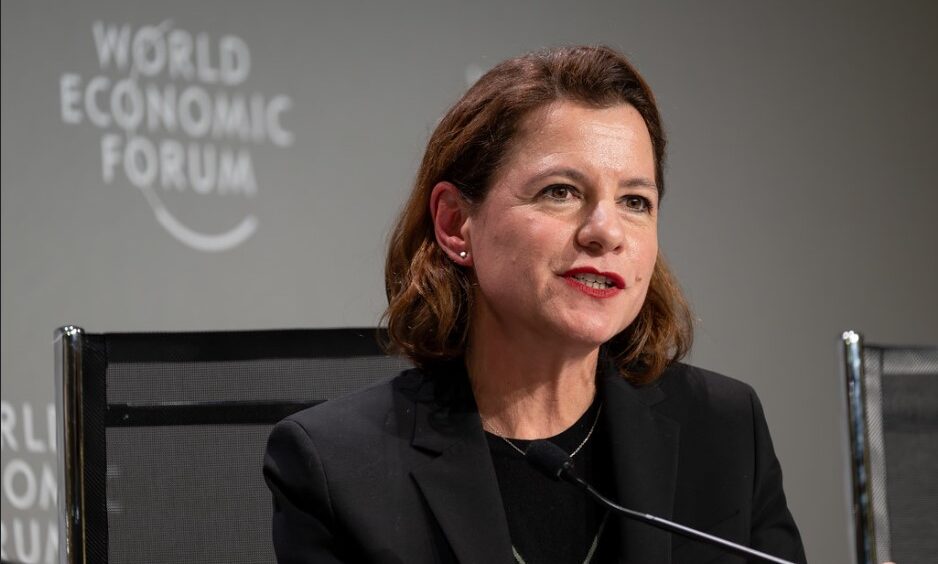COP28 Reflects Global Energy Dynamics: Successes, Concerns And The Road To COP29

Global leaders analyse critical successes and challenges from COP28 at World Economic Forum in Davos, shaping the path forward for COP29
World leaders and experts gathered at the World Economic Forum in Davos to reflect on the outcomes of COP28 and discuss the trajectory leading up to COP29. When questioned about critical successes and failures, the discussions brought insights from key figures in the energy and climate sectors.
Fatih Birol, the Director-General of the International Energy Agency (IEA), highlighted the positive impact of renewables, noting that China installed as much renewable energy in 2023 as the entire world did in 2022. Birol expressed optimism, stating, “With certain policies, renewables between now and 2030 will increase to a factor of 2.5. Therefore, renewables are doing a good job compared to others.” However, he raised a concern about the unequal growth in clean energy investment, emphasising, “All the increase came from advanced economies and China. There was no increase at all from emerging and developing countries. This is a point where we need to pay more attention.”
John F. Kerry, the Special Presidential Envoy for Climate of the US government, highlighted a significant paradigm shift achieved at COP28. Kerry mentioned the consensus reached in Dubai, where 195 countries, including oil and gas-producing nations, agreed to transition away from fossil fuels. He stated, “That is a profound and important paradigm shift because everybody is now working by a stronger guidepost.” Kerry also emphasised the commitment to achieving a 43per cent minimum reduction globally by 2030. In addition, he highlighted the collaboration between China and the US on methane reduction, calling it “something very important.”
Mikayil Jabbarov, the Minister of Economy for Azerbaijan, declared COP28 a clear success, citing achievements in energy efficiency, the volume of renewables and the substantial transition from fossil fuels. Looking ahead to COP29, Jabbarov acknowledged the expectations and responsibility as hosts, committing to continuing the success achieved in COP28.
Catherine MacGregor, CEO of Engie, represented the private sector’s perspective, viewing the energy conundrum as a positive challenge. She emphasised the renewed momentum around tripling renewables and doubling energy efficiency post-COP28. MacGregor stressed the importance of building a low-carbon energy system that is affordable and resilient. She highlighted the need for flexibility and large-scale energy storage to create a baseload green energy system, acknowledging that more progress is yet to happen.
As discussions at Davos unfolded, the collective insights portrayed a nuanced picture of COP28, recognising successes while urging concerted efforts to address remaining challenges on the road to COP29.











































































































































































































































































































































































































































































































































































































































































































































































































































































































































































































































































































































































